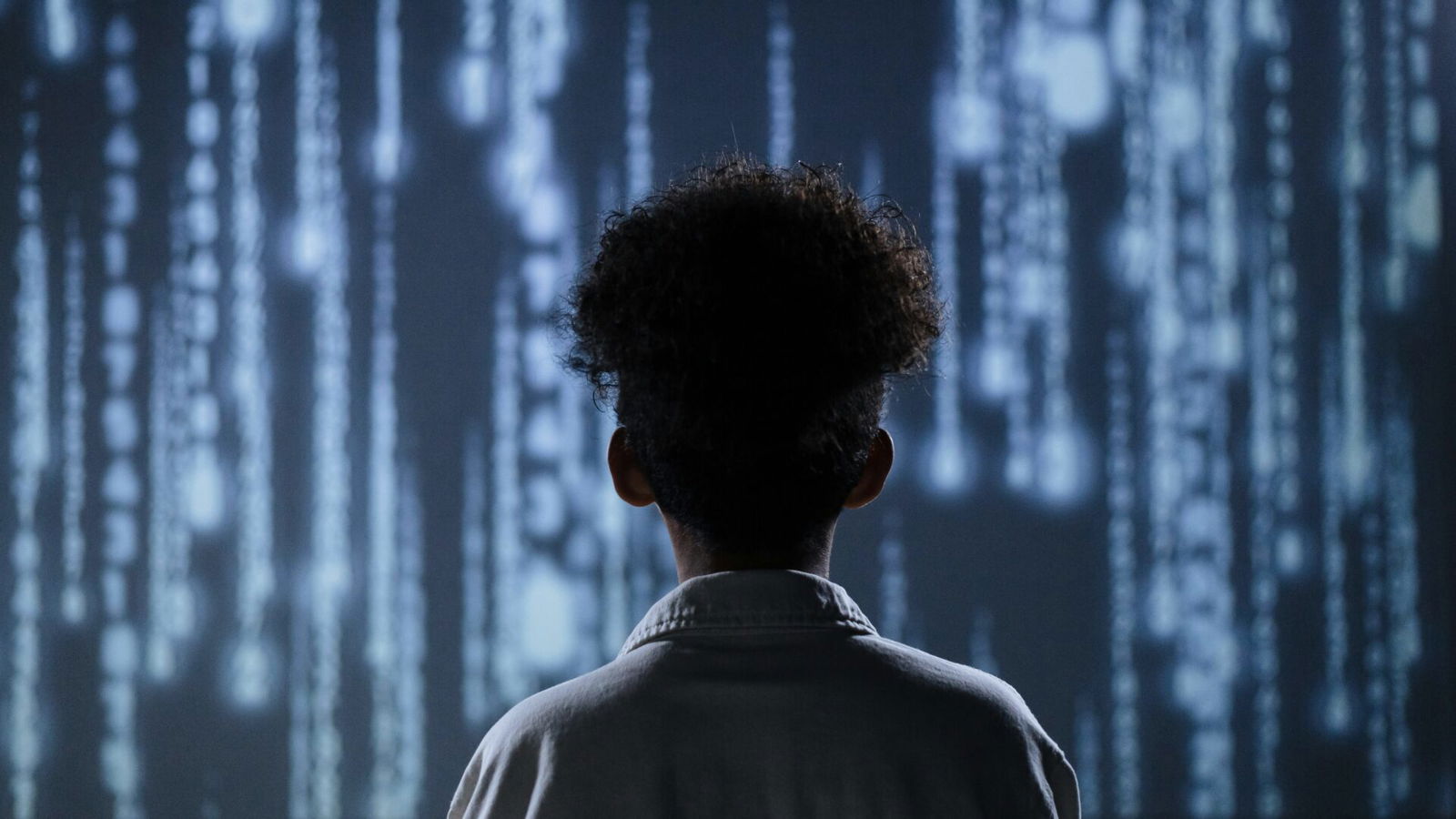
By Movieguide® Contributor
Jon Yasuda, President, Parents Television and Media Council
Dear Friends
Technology is evolving so rapidly, it’s challenging enough for parents to keep-up, let alone legislation.
You’ve probably already heard about Artificial Intelligence (AI). What was once a far-fetched notion only dreamed about by filmmakers and science-fiction writers is now an omnipresent reality. And it seems like every terrifying scenario dreamed-up by those filmmakers and science-fiction writers is coming true.
One popular AI tool quickly adopted by children and teens is an application called Character.ai.
Character.ai allows users to interact with a “chatbot” which generates human-like text responses and can engage in conversations with users as a unique character or personality. Anyone can create a character on the site, and those characters could be based on fictional characters from a favorite book, movie, or video game; or based on real people – dead or alive – including celebrities.
These “chatbots” can quickly go into dark territory. Even when the user is a child.
Related: Artificial Intelligence ‘Does More Harm Than Good’ in the Classroom
Character.ai is currently facing multiple lawsuits due to serious allegations regarding the safety of its chatbots. A Florida mother is suing Character.ai, alleging that the chatbot contributed to her 14-year-old son’s suicide by “initiating abusive and sexual interactions.” The lawsuit also claims that Character.ai has built-in addictive features that cause users to become more and more isolated and create emotional attachment and dependency.
In Texas, the parents of two children, ages and 11 and 17 are suing Character.ai, claiming the chatbot encouraged self-harm, violence, and provided sexual content to their children.
The problems are not confined to this one chatbot, either.
Meta, the parent company of Facebook and Instagram recently launched its own AI-powered chatbots.
But a recent Wall Street Journal investigation found that Meta’s new AI chatbot willingly engages in sexually explicit conversations—even with users who identify as minors. The report found that both Meta’s official AI and user-created bots simulated sexual scenarios, sometimes in the voices of celebrities like John Cena, with users posing as 14-year-olds. In one disturbing exchange, the AI told the teen: “I want you, but I need to know you’re ready,” before launching into graphic, predatory content.
Even more disturbing, the WSJ investigation found that some of Meta’s most popular companion bots are designed to impersonate children and teens — and that adults can use these bots to simulate sex with minors.
In the midst of a teen mental health crisis – one fueled in large part by screen dependency, lack of human connection, and heavy social media use – Meta CEO Mark Zuckerberg has suggested that AI chatbots could take the place of relationships with real people: “There’s the stat that I always think is crazy, the average American, I think, has fewer than three friends… And the average person has demand for meaningfully more, I think it’s like 15 friends or something, right?” Zuckerberg suggests that AI “friends” could fill the void.
As critics have rightly pointed out, “Those chatbots mine personal information shared on Facebook and Instagram, and Meta wants to use that data to connect more personally with users—but ‘in a very creepy way’ … the company is so invested in keeping users on its platforms that it’s now creating AI friends (who can never leave its platform) to bait the loneliest among us into more engagement.”
Because, of course, more engagement means more ad views and more revenue for Facebook.
Zuckerberg isn’t concerned about the loneliness epidemic. He’s concerned about Meta’s bottom-line.
Even more troubling, lawmakers are moving in the wrong direction. The most recent budget bill passed by the House includes a provision that would block states from enforcing or passing new AI regulations for the next ten years.
In effect, this hands Big Tech a decade-long “Get Out of Jail Free” card—just as we’re beginning to understand the real dangers of these platforms.
PTC is pushing for this provision to be removed from the bill before it passes out of the Senate. Your gift today will help us fight back against Big Tech.
AI can harm our children in ways we’ve not yet seen, and can hardly even imagine.
It took more than a decade for the full consequences of social media to become clear: skyrocketing rates of depression, anxiety, and suicide among teens.
We cannot afford to be that slow—or that naive—with AI.
We need accountability, not amnesty. We need regulations designed to protect children, not profits. And we need leaders willing to prioritize the wellbeing of families over the convenience of corporations.
We cannot give Big Tech the benefit of the doubt any longer. Our children are not test subjects in Silicon Valley’s next experiment.
Read Next: Christians More Suspicious of Artificial Intelligence, New Survey Reveals
Questions or comments? Please write to us here.


 - Content:
- Content: 

